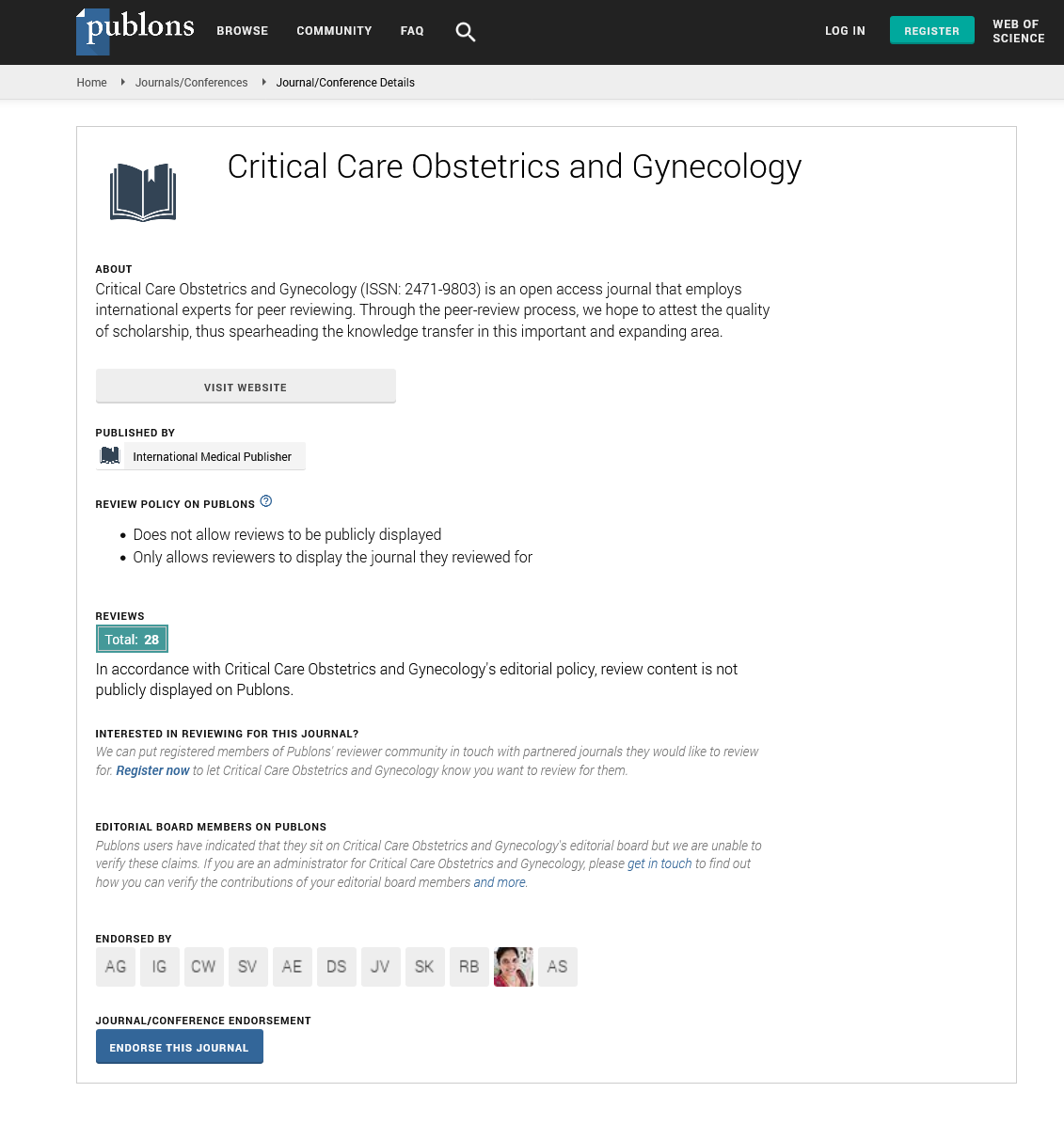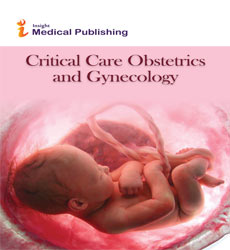Abstract
Delayed oral preventative use and hearing misfortune; cross sectional investigation in Kashmiri populace
Hearing loss in a women on prolonged oral contraceptives (OCP) is most commonly attributed to the effects it has on bone metabolism of the ear ossicles mainly stapes; a condition termed Otosclerosis.. The bone around the stapes becomes thickened and eventually fuses the bone of the cochlea. This reduces normal sound transmission resulting in conductive deafness. In early stages of otosclerosis the cochlea and the nerve of the hearing are not affected though eventually these too may be involved. Also it has been reported that females during pregnancy are more prone to get otosclerosis due to hormonal alterations. Due to hormonal alterations, there will be impairment in the homeostasis of labyrinth fluids. At this instance if the female user oral contraception to avoid the pregnancy there will be changes in progress of otosclerosis [5, 6] . Recent literature reveals that 0.5%-1% i.e. 5members of the women are affecting with otosclerosis during pregnancy out of 600 pregnancy women however present literature shows the impairment of hearing mechanism. Very few articles have been reporting the incidence of otosclerosis. The present study has been carried out to look the incidence of otosclerosis among the OCP users with reference to impairment of degree of loss. The use of COC is contraindicated if a woman has experienced deterioration of hearing following otosclerosis during pregnancy or previous steroid use. a large cohort did not find any significant associating between COC use and otosclerosis. There have been suggestions that COC can worsen the condition but there is no evidence to support this. Faculty of family planning and reproductive health care otosclerosis is a disorder of hardening of the bones of the middle ear causing progressive hearing loss that is often reversible. Despite extensive searching, the clinical effectiveness unit could not find no information in the literature on the use of contraception in a women with family history of otosclerosis. Many cases of otosclerosis are genetic and the disorder affects women twice as men and often worsens rapidly during pregnancy . Even though heredity plays an important role, a significant number of cases arise due to nongenetic causes, which are currently unknown. Clinical otosclerosis is a familial disease which is more frequent among women in their reproductive years. The condition usually aggravated by pregnancy.
Author(s):
Md. Ibam Khan
Abstract | PDF
Share this

Google scholar citation report
Citations : 148
Critical Care Obstetrics and Gynecology received 148 citations as per google scholar report
Critical Care Obstetrics and Gynecology peer review process verified at publons
Abstracted/Indexed in
- Google Scholar
- China National Knowledge Infrastructure (CNKI)
- WorldCat
- Publons
- Geneva Foundation for Medical Education and Research
- Secret Search Engine Labs
Open Access Journals
- Aquaculture & Veterinary Science
- Chemistry & Chemical Sciences
- Clinical Sciences
- Engineering
- General Science
- Genetics & Molecular Biology
- Health Care & Nursing
- Immunology & Microbiology
- Materials Science
- Mathematics & Physics
- Medical Sciences
- Neurology & Psychiatry
- Oncology & Cancer Science
- Pharmaceutical Sciences


